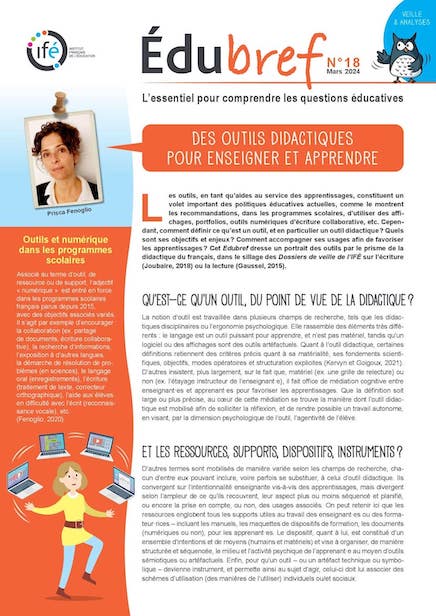How families handled emergency remote schooling during the time of Covid lockdown in spring 2020 Summary of key findings from families with children in 11 European countries
Auteur(s) : Vuorikari R., Chaudron S., Velicu A., Cachia R. & Di Gioia R.
Editeur(s) : Joint Research Centre (JRC)
Date : 10/2020
This research gives the first look into families’ digital lives and remote schooling activities across 11 European countries during the Covid-19 lockdown in spring 2020. It focused on children at the end of primary education and in secondary education (10-18 years old) and their parents in 9 EU countries (Austria, France, Germany, Ireland, Italy, Portugal, Romania, Slovenia and Spain) in addition to Switzerland and Norway.
The findings show that on average, children across all participating countries reported spending about half of their online time on digital learning activities. Moreover, almost all children who participated in the survey were able to conduct some school-related activities using digital technologies, and many reported that their schools had provided them with digital communication and digital learning platforms. The findings, however, also point out to large variations in terms of how children were able to interact with their teachers in learning activities and how often children were in contact with their teachers through online means. Whereas 75% or more of the children in Italy, Norway, Portugal and Romania said to have daily online interactions with their teachers during the Covid-19 lockdown in spring 2020, this number was between 50-75% in France, Ireland, Spain and Switzerland, and between 34-41% in Germany, Austria and Slovenia. Worryingly, some children reported very infrequent contacts with teachers with no access to online activities, the amount varies from 11% in Ireland to less than 1% in Italy.
Overall, the lockdown during Covid-19 has shown that the readiness of schools and families to support remote instruction through digital technologies was uneven. How learners perceived online learning activities and teacher contacts can be, to a certain extent, indicative of teaching arrangements put in place by national and regional school authorities. As such, it cannot be used as a proxy for the quality of learning that took place during the classroom closure, mainly because there are various factors that influence learning, which during the Covid-19 lockdown varied substantially starting from accessibility and availability of parental support and devices at homes to the instructional practices and teacher competences. It is also rather normal that practices vary from a school or a country to another within certain parameters. However, it is also the job of the education system and society to guarantee equitable access to education to all. In the upcoming reports, there will be more focus on such questions.
Secondly, the findings shed light on the level of worries that both children and parents have due to the pandemic and classroom closure. In general, parents were worried about the pandemic’s negative impact on their child’s education (e.g. falling behind with schoolwork, failing in exams). Children were concerned about not being able to keep up with their schoolwork while classes changed due to the pandemic and about getting poor grades because of the online learning activities. Additionally, across all participating countries, many children reported an increased workload because of the remote schooling activities. Even 40% or more children in Slovenia, Portugal, Austria and Spain estimated to have more workload than before the pandemic. With regards to children’s worries outlined above, school policies and practices can play a role. For example, in some school systems in Europe, the assessment methods were changed due to the classroom closure (e.g. e.g.: Council Conclusions on countering the COVID-19 crisis in education and training; European Schoolnet2).
Thirdly, the report gives an idea of children’s skills (e.g. digital skills) and their beliefs in their abilities to cope with online learning activities. Previous research shows that this can be strongly related to their successful learning and also to their well-being. The survey confirms that remote and digital schooling opens opportunities for children to gain new skills with digital technologies, but it also shows that the family background can influence the way in which the children felt about their capacities and beliefs towards online learning activities. In almost all participating countries, children coming from families with below-average household income felt less strongly about their own capacities to cope with online learning activities than other children.
Last, families voice the need for more support from schools if such a situation was to happen in the future again. Over 80% of responding parents in Romania, Portugal, Ireland, Spain, Italy and Slovenia would have wanted the school to provide possibilities for their children to do online educational activities with their classmates. Likewise, ideas for extracurricular activities to be done at home would be welcomed by over 80% of parents especially in countries such as Romania, Portugal and Spain.
(pdf, 21 pages)
Télécharger le document : https://op.europa.eu/.../20a208c7-199a-11eb-b57e-01aa75ed71a1
mot(s) clé(s) : comparaison internationale, enseignement et formation à distance, parents et familles














